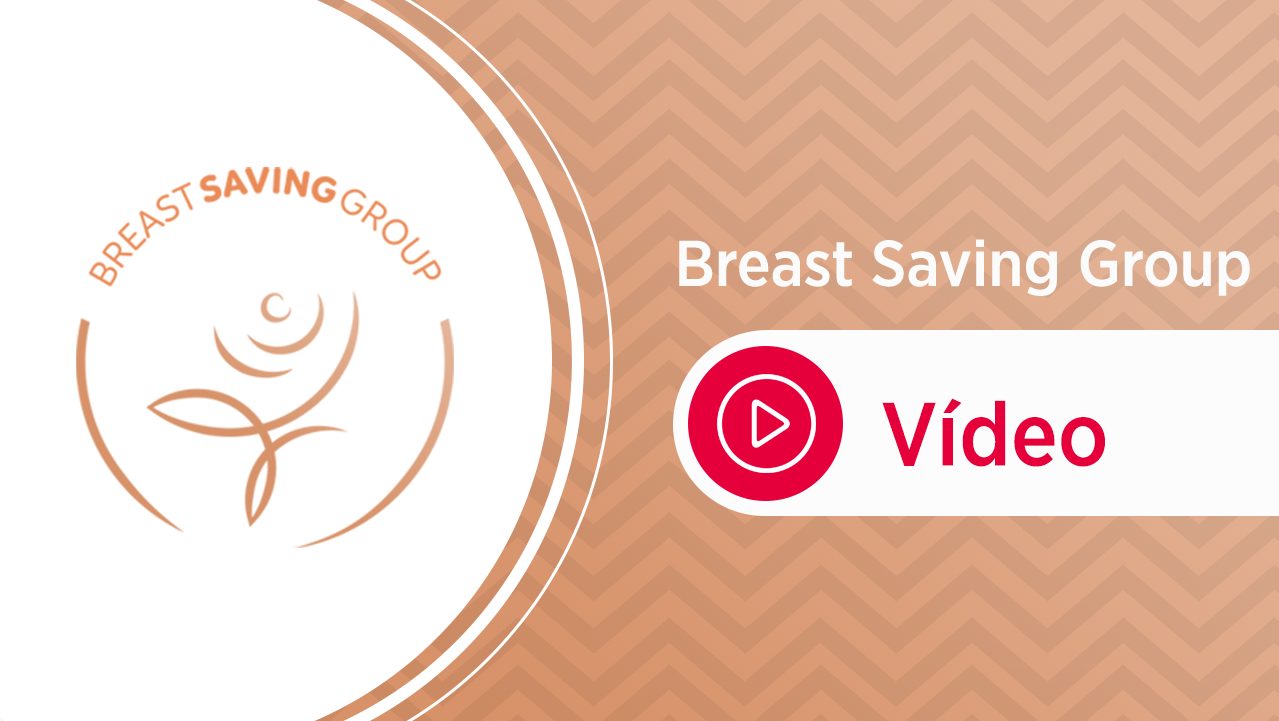Artigo
A-BRAVE trial: a Phase 3 randomized trial with anti-PD-L1 avelumab in high-risktriple-negative early breast cancer patients
Abstract
Background: The A-BRAVE trial evaluated the efficacy of avelumab, an anti PD-L1 antibody, as adjuvant treatment for patients with early triple-negative breast cancer (TNBC) at high5 risk. Patients and Methods: A-BRAVE is a Phase III study that randomized patients with high8 risk early TNBC to 1-year avelumab vs observation, after completion of standard surgery and neoadjuvant/adjuvant chemotherapy. High-risk was defined as either: 1) >pN2/any pT, pN1/pT2, or pN0/pT3 after primary surgery (Stratum A); or 2) invasive residual disease (breast and/or nodes) after neoadjuvant chemotherapy (Stratum B). Co-primary endpoints were disease-free survival (DFS) in the intention-to-treat (ITT) and Stratum B populations ().
Secondary endpoints were overall survival (OS) and DFS in PD-L1-positive patients. PD-L1 was evaluated in treatment-naive tumor samples by immunohistochemistry (73-10 RUO assay, Agilent Technologies) and digital pathology.
Results: From June 2016 to October 2020, 466 patients were randomized: 383 entered Stratum B (82%) and 83 entered Stratum A (18%). At a median follow of 52.1 months, avelumab did not significantly improve DFS in the ITT population (HR 0.81, 95% CI 0.61– 1.09, p=0.172; 3-year DFS estimates were 68.3% for avelumab versus 63.2%), or in Stratum B (HR 0.80, 95% CI 0.58–1.10, p=0.170; 3-year DFS estimates were 66.9% for avelumab versus 60.7%). In a descriptive analysis, avelumab reduced the hazard of OS events: HR 0.66, 95% CI: 0.45–0.97. The 3-year OS estimates for avelumab and control arm were 84.8% (95% CI: 79.5–88.8) and 76.3% (95% CI: 70.1–81.3), respectively. PD-L1 status resulted prognostic but not predictive for avelumab benefit in terms of DFS (test for interaction p=0.155).
Conclusions: For patients with TNBC at high risk of relapse who complete standard treatment with surgery and neoadjuvant/adjuvant chemotherapy, 1 year of adjuvant avelumab versus observation did not improve DFS. However, a descriptive analysis suggests a potential favorable impact on OS.
Compartilhar em:
Comentários
Cursos Relacionados
0
Conteúdos Relacionados
Comentários
Deixe um comentário Cancelar resposta
Você precisa fazer o login para publicar um comentário.











